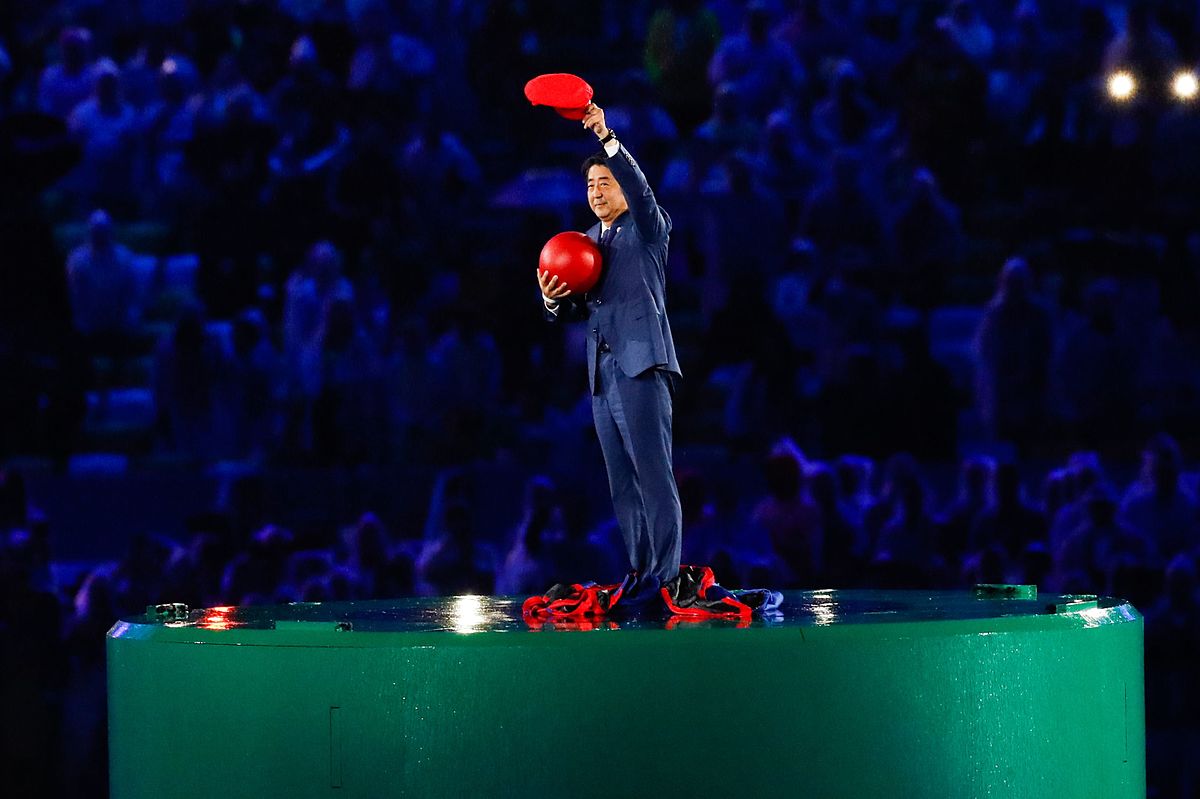
The Tokyo Metropolitan Government is reportedly estimating there will be an annual loss of around $9.8 million for five new venues being constructed for the Olympic Games.
It is claimed by The Japan Times that the Metropolitan Government are expecting the Olympic Aquatics Center, Sea Forest Waterway and the Olympic canoe slalom course to make a loss.
The Seaside Park Hockey Stadium and Dream Island Archery field have also been claimed to be venues which could operate at a loss after the Games.
According to The Japan Times, the Olympic Aquatics Center is anticipated to make the biggest loss following the Games, with an expected cost of $6.1 million per year.
The new venue is expected to cost $253 million to construct, with costs having been cut from the initial projection of $416 million last year.
It is anticipated that the canoe slalom course would have the second highest annual loss, forecast to be $1.6 million.
Sea Forest Waterway, home of rowing competitions at the Tokyo 2020 Olympic and Paralympic Games, is reportedly be estimated to have a yearly loss of $1.4 million.
Seaside Park Hockey Stadium and Dream Island Archery field are expected to have a smaller loss of $825,000 and $107,000 respectively.
The Tokyo Metropolitan Government’s post-Olympic operation has reportedly estimated that the Ariake Arena will generate a strong annual profit.
It is claimed the volleyball venue will generate $3.4 million per year.
There had been doubt construction of the venue would go ahead last year, amid fears of a spiraling budget for the Games.
Tokyo Governor Yuriko Koike revealed in December that plans to use the Yokohama Arena, a popular venue for music and sport, had now been scrapped and that they were sticking with the original proposal.
The Governor has claimed building the Ariake Arena would cost significantly less than first thought – $287 million instead of $342 million.
insidethegames has contacted Tokyo 2020 and the Tokyo Metropolitan Government for a comment on the proposed profitability of venues after the Games.
Tokyo 2020 told insidethegames the report was a matter for the Tokyo Metropolitan Government, who has yet to respond a request for comment.
Last month the Tokyo Metropolitan Government claimed hosting the 2020 Olympic and Paralympic Games would generate more than $283 billion in economic benefits across Japan.
The estimated figure represents a cumulative total from 2013, the year Tokyo was chosen to stage the 2020 Olympics and Paralympics, to 2030.
It is made up of effects of legacy, such as the use of competition venues, including the Olympic Village, after the Games.
The amount includes $44 billion in what is described as direct effects and $237 billion in indirect effects.
Around $182 billion of the figure will provide benefits purely to the host city itself, while the Metropolitan Government are hoping the Olympics will create nearly two million jobs.
By Michael Pavitt
Republished with permission from insidethegames.biz.